
Physicists from Würzburg present a nanometre-sized light antenna with electrically modulated surface properties – a breakthrough that could pave the way for faster computer chips.
more
Physicists from Würzburg present a nanometre-sized light antenna with electrically modulated surface properties – a breakthrough that could pave the way for faster computer chips.
more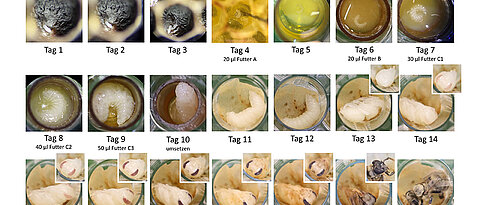
Dangerous mixtures: pesticides in combination can have unexpected effects on the development of honeybees. This is shown by a new study from the Biocenter.
more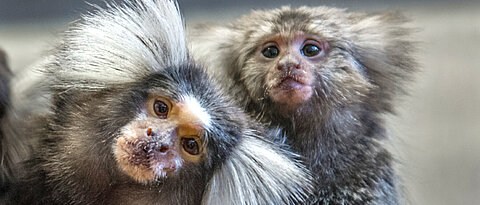
Numerous studies have shown that the older the father, the higher the risk of disease for the offspring. Human geneticists at the University of Würzburg have now taken a closer look at the processes responsible for this.
more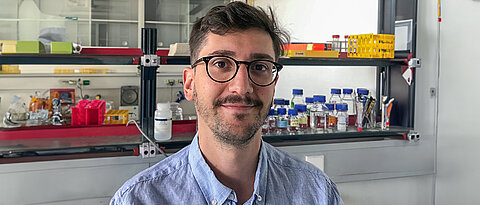
At the University of Würzburg (JMU), Dimitrios Papadopoulos is investigating RNA-based mechanisms maintaining aggressive pediatric tumors. He has now been awarded one of Europe's most coveted fellowships for young scientists.
more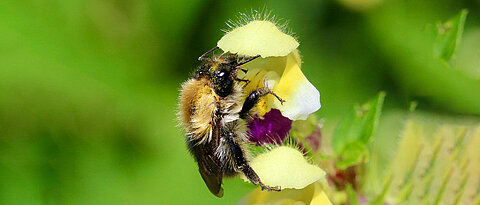
It's not just us humans who suffer from heatwaves. Researchers at the University of Würzburg discovered that hot temperatures rob bumblebees of their sense of smell – and makes them struggle when searching for food.
more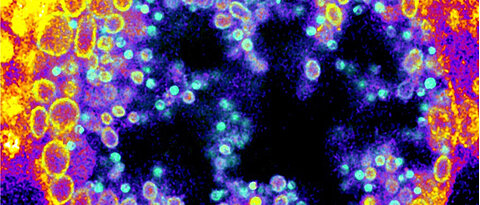
Researchers from Würzburg and Berlin present a new molecule for visualising the sphingomyelin metabolism. This offers prospects for innovative therapeutic approaches in infection research.
more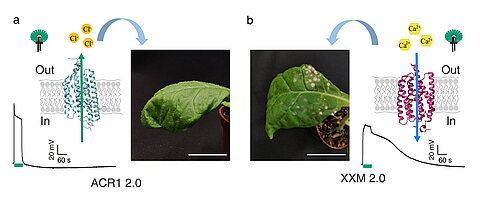
Using newly generated “optogenetic” tobacco plants, research teams from the University of Würzburg's Departments of Plant Physiology and Neurophysiology have investigated how plants process external signals.
more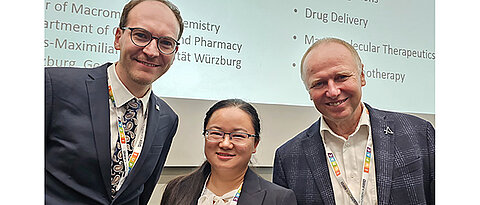
Chemistry professor Lutz Nuhn has received an award for outstanding young researchers for his work on nanoparticles that transport medical agents through the body in a targeted manner.
more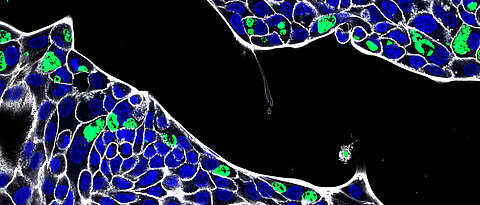
Chlamydiae are sexually transmitted pathogens that can apparently survive in the human gut for a long time. Researchers from Würzburg and Berlin report this in the journal PLOS Pathogens.
more
Superconductivity theory proposed by Würzburg physics team validated in international experiment: Cooper pairs display wave-like distribution in Kagome metals, enabling new technological applications like superconducting diodes.
more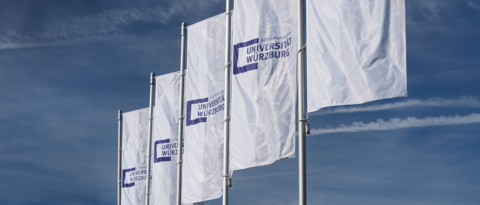
The competition for the multi-million euro federal and state funding programme is entering its final phase. JMU has submitted two proposals and the results of the evaluation will be available in May 2025.
more
The new Shanghai Ranking has been published: It ranks Julius-Maximilians-Universität Würzburg among the three best universities in Bavaria, the twelve best in Germany, and among the 300 best worldwide.
more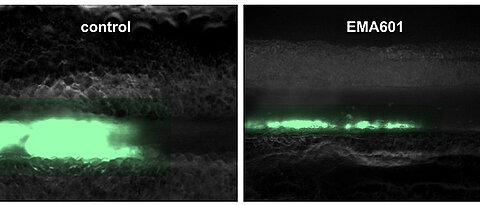
A new highly effective thrombosis inhibitor is in sight: Würzburg scientists present promising inhibitor EMA601 for efficient prevention and treatment of arterial thrombosis and inflammatory reactions without increased bleeding risk.
more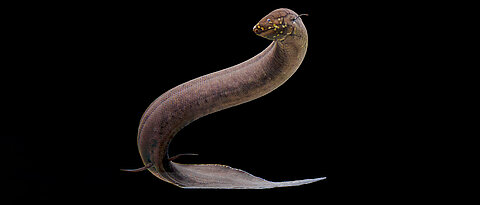
An international research team has sequenced the largest genomes of all animals – those of lungfish. The data will help to find out how the ancestors of land vertebrates managed to conquer the mainland.
more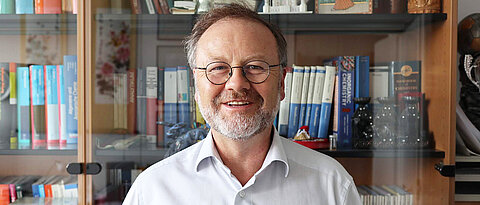
Producing fertilisers and other nitrogen compounds more sustainably: Würzburg chemistry professor Holger Braunschweig has laid the foundations for this goal. He has now been awarded the prestigious Eni Prize for his achievements.
more